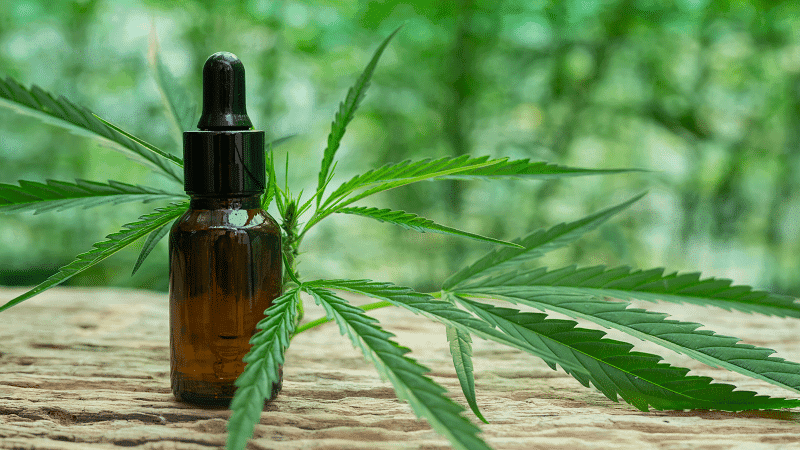Ways to Access Cannabis Products in Brazil
Understand the step-by-step process to acquire plant derivatives for medicinal purposes
Published on 01/18/2023

By João R. Negromonte
Even with the exponential growth in the number of authorizations granted by Anvisa (National Health Surveillance Agency) for the purchase of cannabis-based medications in recent years, due to the restrictions of Brazilian legislation, patients still have limited alternatives to access the produced products. Mainly based on cannabidiol (CBD), which is the most used compound of the plant in the health area.
There are three most common ways of access: importation, patient associations, and acquisition in pharmacies. There are cases where homemade oil production through self-cultivation of the plant is permitted. However, there is a need for a preventive habeas corpus, meaning the process needs to be judicialized.
Therefore, up to now, only the methods of importation, acquisition in drugstores, and patient associations are regulated by legislation.
It All Starts with a Medical Consultation
The first step for those who wish to use cannabis medicinally is to find a prescribing doctor to obtain the necessary documents and subsequently purchase the product or medication.
The number of cannabis-prescribing doctors for therapeutic purposes in Brazil, according to Anvisa data, was approximately 2,400 professionals by the end of 2021, which is less than 1% of the 550,000 active professionals in the country today.
The doctor is responsible for indicating the composition, that is, which cannabinoids and what concentration of the product should be used by the patient. According to the Federal Council of Medicine (CFM), only neurologists, neurosurgeons, and psychiatrists can prescribe cannabis-based medications.
However, Anvisa, through the regulations RDC 335 and RDC 570 (which in April 2022 were merged into RDC 660/22, which provides for the importation of cannabis-derived products for medicinal use), in addition to RDC 327/19, which allows the prescription for the purchase of these medications in pharmacies throughout the country, authorized healthcare professionals in general, provided they are previously qualified to prescribe these products.
What differentiates the bureaucratic criteria in the referral of the request to Anvisa is the type of prescription issued. According to RDC Nº 327/19, in the case of medications with THC concentration below 0.2%, the product must be prescribed through a type B prescription.
Still according to the norm, cannabis products may contain THC content above 0.2% and be prescribed nationally, provided they are intended exclusively for palliative care for patients without other therapeutic alternatives and in irreversible and terminal clinical situations, but in this case, a type A prescription must be used.
Sechat Offers Free List of Prescribers
Among the numerous obstacles that patients who are treated with products or wish to try them face is the difficulty in knowing or having access to a prescribing professional.
To assist in this search, Sechat provides a list of healthcare professionals free of charge to all who need it. There are more than 150 professionals spread across Brazil. The list with the names of registered doctors and contact details is available at the link “List of Doctors”. It is possible to select professionals by the state where they operate and obtain name, phone, email, address, CRM number, and medical specialty.
The Monthly Cost of Cannabis-Based Treatment
To access a cannabis-based product or medication, in addition to the prescription from a medicinal cannabis prescriber and Anvisa's authorization, the patient must be willing or financially able to bear a cost, which can be relatively high.
According to Dr. Pedro Pierro, scientific director of Sechat, the monthly investment in a treatment with cannabis-based medication or product can vary according to the type of disease, age, and weight of the patient. The type of oil is also variable: “the more THC and/or isolated CBD there is in the product, the more expensive it tends to be,” explains the neurosurgeon.
Products based on full spectrum CBD (which contains all cannabinoids) are cheaper because they do not require purification processes, as is the case with isolated CBD.
Another element that causes variation in the monthly cost of treatment is the type of access to the medication: whether done through importation, acquisition in drugstores, or through patient associations. Thus, the minimum value of a treatment with cannabis-based products or medications starts around R$ 300 per month, but can reach, depending on each case, a monthly expense of about R$ 2,500.
It is also important to highlight that there are treatments with a lower minimum value and a higher maximum value, according to the variables of each process already mentioned.








